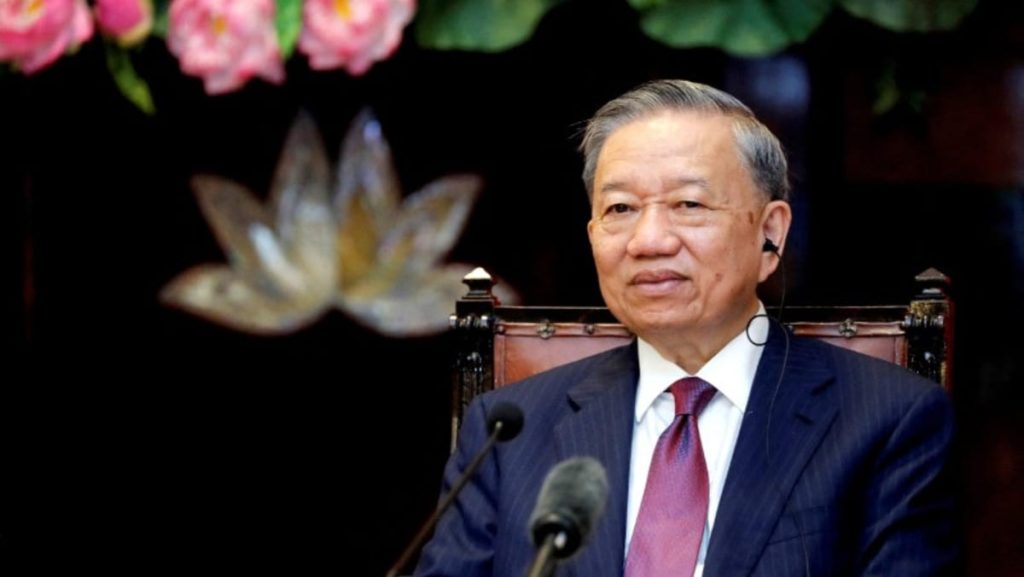Mr Lam has risen to power in Vietnam by occupying two of the four key political positions in the country – president, and party general secretary, as well as serving as the chair of the National Assembly. With a background in the nation’s public security apparatus, he quickly ascended among the governing elites, going from chief policeman to president in less than three months. Having recently hosted Russian President Vladimir Putin in Hanoi, Mr Lam has shown his prowess in foreign relations, particularly with countries like Russia that have strong ties to Vietnam.
One of the key focuses of Mr Lam’s leadership is maintaining robust economic ties with China, Vietnam’s largest trading partner. His upcoming visit to Beijing is expected to be a milestone in Vietnam-China relations, with the aim of establishing stronger personal connections with Chinese leaders. As Vietnam aims to address its trade deficit with China and achieve a more balanced trade volume, discussions on economic issues will likely be at the forefront of the agenda during the visit.
The backdrop of Mr Lam’s visit to Beijing is the ongoing tensions in the South China Sea, where both Vietnam and China have long-standing territorial disputes. While Vietnam has seen relative peace in the region in recent years, managing the maritime dispute will be a crucial aspect of the discussions during the visit. The 10-year anniversary of massive anti-China protests in Vietnam serves as a reminder of the deep-rooted mistrust towards China among the Vietnamese public, making the need for peaceful resolutions imperative.
Amidst the rivalry between China and the United States, Vietnam seeks to strike a balance in its relationships with both countries. While the United States is considered a strategic priority for Vietnam’s development and security needs, maintaining strong ties with China remains a top priority as well. The delicate balance between the two superpowers is essential for Vietnam to navigate its foreign policy successfully, with the ultimate goal of ensuring peace and stability in the region.
As Mr Lam’s visit to Beijing unfolds, observers will closely monitor the outcomes of the discussions, particularly in managing the maritime dispute in the South China Sea. The domestic public in Vietnam holds deep-seated mistrust towards China due to historical conflicts, making it crucial for Vietnamese leaders to prioritize maintaining friendship ties while also standing firm on key issues. Ultimately, Vietnam aims to uphold peace and stability in the region, even as it navigates complex relationships with major global powers like China and the United States.


